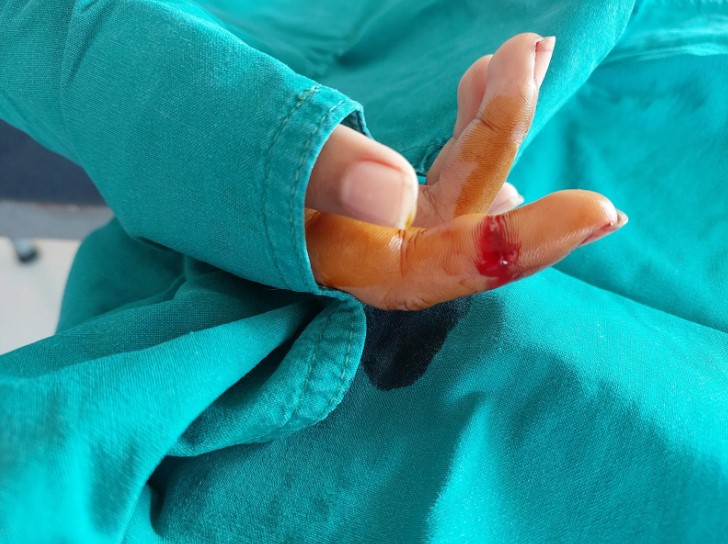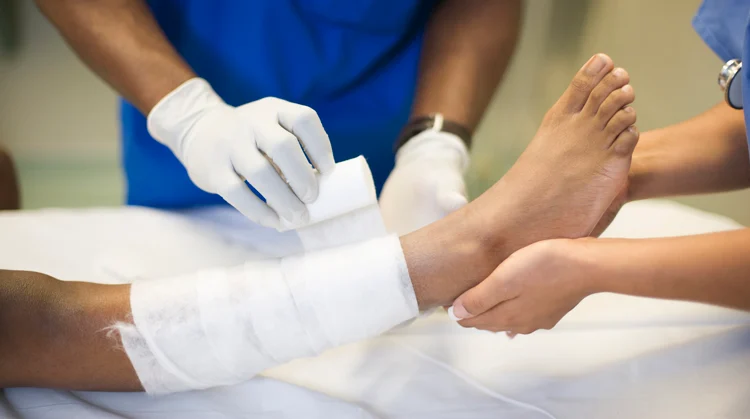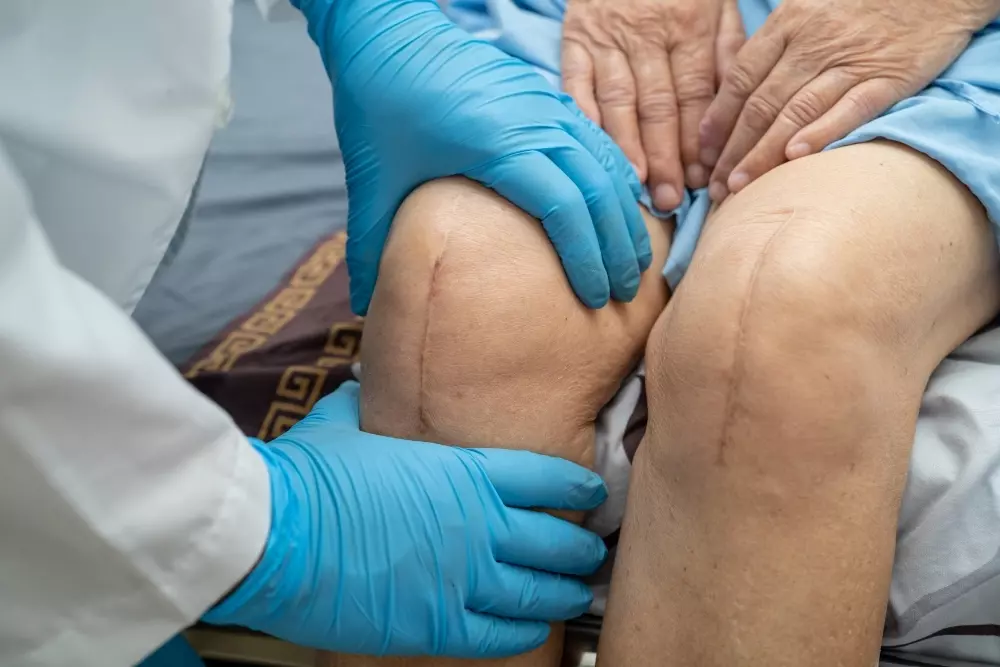Living with knee pain can be challenging, affecting various aspects of daily life from walking to climbing stairs. While seeking professional help from a physiotherapist is crucial, empowering yourself with self-care strategies can significantly improve your quality of life. In this blog post, we’ll explore effective self-care strategies and resources offered by physiotherapists for managing knee pain.
Understanding Knee Pain:
Knee pain is a common complaint that can arise from various causes such as injuries, overuse, or underlying medical conditions like arthritis. It’s essential to understand the root cause of your knee pain to tailor your self-care approach effectively. Early intervention through self-care can prevent further complications and expedite the healing process.
Self-Care Strategies for Knee Pain:
RICE Method:
The RICE method (Rest, Ice, Compression, Elevation) is a widely recommended approach for managing acute knee injuries. Resting the affected knee allows tissues to heal, while applying ice helps reduce inflammation and pain. Compression through a bandage or brace provides support, and elevation helps reduce swelling.
Exercise and Stretching:
Regular exercise and stretching can strengthen the muscles surrounding the knee joint, providing stability and support. Low-impact exercises like swimming or cycling are gentle on the knees while improving flexibility and range of motion. Simple stretches targeting the quadriceps, hamstrings, and calf muscles can also alleviate tension and reduce knee pain.
Pain Management Techniques:
In addition to the RICE method, various pain management techniques can offer relief from knee discomfort. Heat therapy, such as using heating pads or warm baths, can soothe stiff muscles and improve blood circulation. Transcutaneous Electrical Nerve Stimulation (TENS) units are another option, delivering low-voltage electrical impulses to block pain signals.
Lifestyle Modifications:
Certain lifestyle factors, including maintaining a healthy weight and following a balanced diet, play a crucial role in managing knee pain. Excess weight puts added strain on the knees, exacerbating discomfort. By adopting healthier eating habits and incorporating regular physical activity into your routine, you can reduce pressure on the knees and improve overall joint health.
Resources Offered by a Physiotherapist:
Physiotherapists are valuable resources for individuals seeking comprehensive support in managing knee pain. They can assess your condition, develop personalized treatment plans, and provide guidance on effective self-care strategies. Physiotherapy sessions may include manual therapy, targeted exercises, and education on proper body mechanics to prevent further injury.
Takeaway
Managing knee pain requires a multifaceted approach that combines self-care strategies with professional guidance from a physiotherapist for knee pain. By incorporating techniques like the RICE method, exercise, and lifestyle modifications into your routine, you can take control of your knee health and improve your overall well-being.











